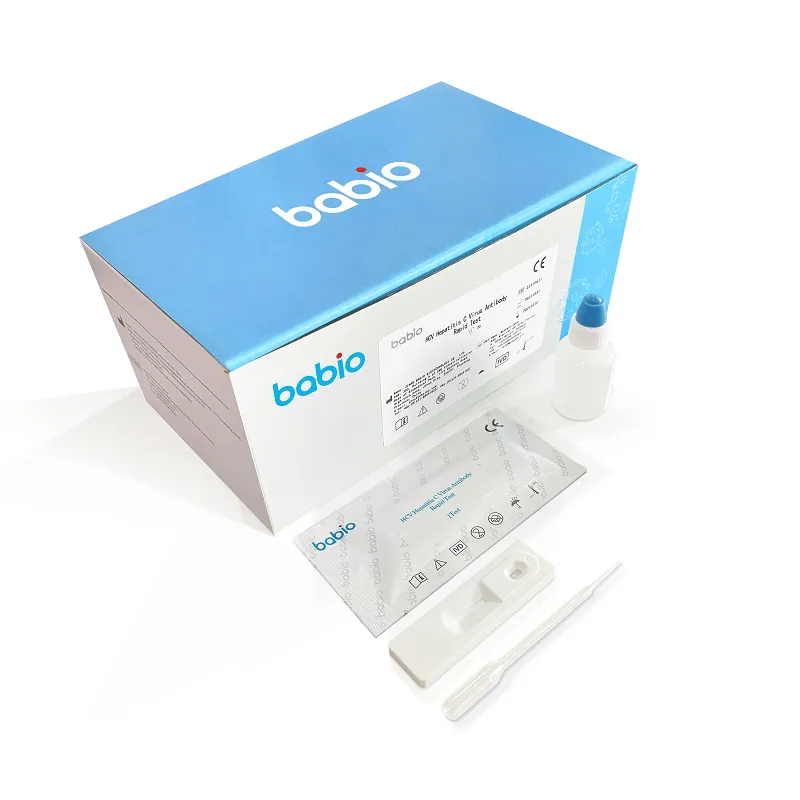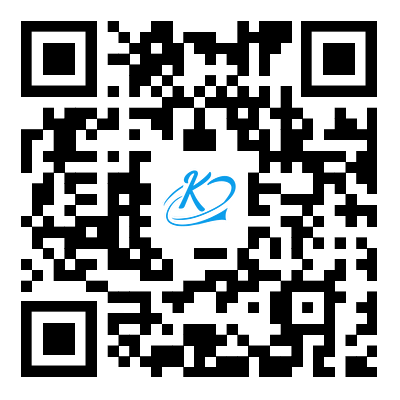Understanding Human Rapid Test Kits: A Crucial Tool for Health Diagnostics
2024-10-09
In recent years, Human Rapid Test Kits have become an indispensable tool in the field of healthcare diagnostics. These kits allow for quick, on-the-spot testing for various health conditions, ranging from infectious diseases to metabolic disorders. Their ease of use, accessibility, and speed make them ideal for both clinical settings and at-home testing, enabling individuals and healthcare professionals to obtain fast, accurate results without the need for sophisticated laboratory equipment.
What Are Human Rapid Test Kits?
Human Rapid Test Kits are diagnostic tools designed to detect the presence of specific biomarkers, pathogens, or substances in a person’s body. These kits often work using immunochromatographic assays, a technique that involves antibodies reacting with the target substance in a sample, such as blood, saliva, or urine. Depending on the type of test, results can be obtained within minutes, making rapid test kits an essential resource in situations where timely diagnosis is critical.
Key Features of Human Rapid Test Kits
1. Speed: One of the most defining characteristics of rapid test kits is the speed at which they deliver results. Unlike traditional lab-based tests, which can take hours or days, rapid tests can often deliver results in as little as 10 to 30 minutes.
2. Ease of Use: Most rapid test kits are designed to be user-friendly, requiring minimal training or expertise. They usually come with clear instructions and require only a small sample from the user, such as a finger-prick blood sample, a nasal swab, or a saliva sample.
3. Portability: Rapid test kits are often compact and portable, making them ideal for use in a wide range of settings, from hospitals and clinics to at-home environments or even in remote areas where access to healthcare is limited.
4. Accuracy: While not as comprehensive as lab-based testing, rapid test kits are generally accurate enough for preliminary diagnosis and screening purposes. They are particularly valuable for detecting conditions that require immediate attention, such as infectious diseases.
5. Affordability: Compared to laboratory tests, rapid test kits are often more affordable. This makes them accessible to a broader population, especially in regions with limited healthcare infrastructure.
Common Applications of Human Rapid Test Kits
1. Infectious Disease Detection
Rapid test kits have gained significant attention in the detection of infectious diseases. For example, during the COVID-19 pandemic, rapid antigen and antibody test kits became essential tools for identifying and controlling the spread of the virus. Similarly, rapid tests for HIV, malaria, dengue fever, and influenza are widely used in both clinical and non-clinical settings.
2. Pregnancy Testing
One of the earliest and most commonly used rapid test kits is the pregnancy test. These kits detect the hormone human chorionic gonadotropin (hCG) in urine, indicating pregnancy. The convenience and speed of these tests have made them a household staple for many women.
3. Drug Testing
Rapid test kits are also frequently used for drug screening, especially in workplaces, schools, or law enforcement agencies. These tests can quickly detect the presence of drugs or their metabolites in a person’s system using samples such as saliva or urine.
4. Glucose Monitoring and Diabetes Management
Diabetic patients often use glucose monitoring kits, a type of rapid test, to check their blood sugar levels at home. These kits are easy to use and provide results in seconds, helping individuals manage their condition effectively and prevent complications.
5. Cholesterol and Lipid Testing
Some rapid test kits are designed to measure cholesterol levels, providing insight into a person’s cardiovascular health. Regular cholesterol testing can help individuals monitor their risk of heart disease and make lifestyle adjustments as needed.
6. Allergy Testing
Rapid allergy test kits allow individuals to quickly determine if they have specific allergic reactions by measuring the presence of antibodies in their blood or through skin prick tests.
Advantages of Human Rapid Test Kits
1. Timely Diagnosis and Treatment
The ability to obtain results quickly allows for early diagnosis and prompt treatment, which can be critical in managing diseases or preventing their spread. For infectious diseases like COVID-19 or influenza, rapid test kits are particularly important in isolating cases and limiting transmission.
2. Increased Accessibility
Rapid test kits bring diagnostic capabilities to areas that may not have access to fully equipped laboratories. Rural, remote, or resource-limited regions can benefit from the portability and ease of use of these kits, helping to bridge the gap in healthcare accessibility.
3. At-Home Monitoring
The convenience of at-home testing has empowered individuals to take control of their health. Whether monitoring blood sugar levels, checking for pregnancy, or testing for infections, rapid test kits allow for private, convenient health management without the need to visit a doctor or clinic.
4. Supports Public Health Efforts
During pandemics or outbreaks, rapid test kits play a crucial role in mass screening efforts. Governments and health organizations can deploy these kits to test large populations quickly, helping to identify carriers, manage quarantine protocols, and implement public health measures.
Challenges and Limitations of Rapid Test Kits
While rapid test kits offer numerous benefits, they are not without limitations. False positives or false negatives can occur, especially if the test is not used properly or if the target biomarker is present at low levels. As a result, confirmatory testing in a laboratory setting is sometimes required for certain conditions.
Additionally, the accuracy and sensitivity of rapid test kits can vary depending on the manufacturer and the specific condition being tested. Healthcare professionals often recommend using these tests as part of a broader diagnostic strategy rather than relying solely on their results.
Conclusion
Human Rapid Test Kits have transformed healthcare diagnostics, offering a fast, convenient, and accessible way to detect various health conditions. From infectious disease detection to at-home pregnancy tests and chronic disease management, these kits empower individuals and healthcare professionals with the ability to make informed decisions quickly. While they are not a replacement for comprehensive lab-based testing, their role in early detection, public health screening, and personalized health management is invaluable.
As technology advances, we can expect even more sophisticated and accurate rapid test kits, further enhancing their role in modern healthcare. Whether in clinical settings or for personal use, rapid test kits will continue to be a key component in maintaining health and wellness around the globe.



